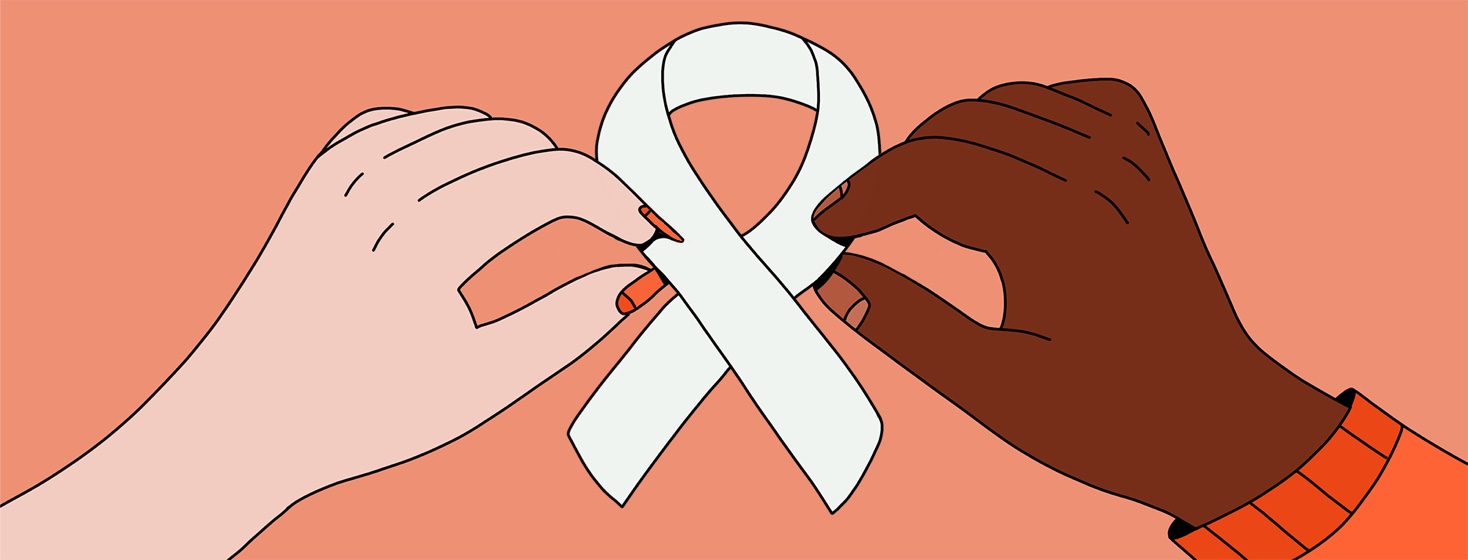The Racial Gap in Lung Cancer Rates Is Closing
In the United States, lung cancer rates have been declining for years due to several factors. However, one long-lasting rate is just now starting to lower: the higher rate of Black people diagnosed with lung cancer compared with White or Hispanic people.1,2
A study published in mid-2020 showed that Black and White men born between 1967 and 1972 are now being diagnosed with lung cancer at the same rates. And among women born since 1967, fewer Black women are being diagnosed with lung cancer than White women.3
The power of prevention
One of the study authors noted, “This is the only cancer where this has happened.” The question is why these rates are changing. Researchers think it may have to do with smoking rates, as fewer Black people born during those periods of time are smoking. They also may have smoked fewer cigarettes or smoked for a shorter period of time. Either way, it spells great news.1,2
Screening is important for all cancers but is not always easily available when inequalities in healthcare exist. However, with lung cancer, fewer overall people smoking means fewer people will be diagnosed with lung cancer.1
Work still needs to be done
However, lung cancer rates are rising in one group of Black men: those born between 1977 and 1982. Researchers are not sure why this is. One theory is that these men were influenced by a wave of cigarette advertising in the 1990s that targeted Black communities.1
Another thing to consider is that these lung cancer rates reflect the United States as a whole. Although smoking rates are declining among our entire population, some places still have high rates of Black smokers.2
Other inequalities that remain
Although lung cancer rates have evened out among Black and White people, lung cancer screening remains an issue. This is important because early screening gives people with lung cancer a better chance at successful treatment.3
Lung cancer screening rates are too low for everyone. In 2016, fewer than 2 percent of people who were eligible for screening actually got it. Of this small number of people, Black people are even less likely to get screening. This is a big problem, since not getting screened for lung cancer can mean being diagnosed with a late-stage cancer, and cancers caught at later stages can be harder to treat. And, unfortunately, despite being less inclined to smoke, Black men have higher rates of death from lung cancer compared to other racial or ethnic groups.3
Screening rates are still not equal
A recent study of Philadelphia residents breaks down the problem even further. Among the group studied, Black people at risk for lung cancer were less likely to get screened compared to White people. Also, Black people who did get lung cancer screening took more time to follow up and were less likely to get additional screenings.3
The researchers could not determine why this inequality exists but suggested quality of care, access to health insurance, and trust in the healthcare system as possible factors. Healthcare professionals also need to improve their communication and stress the importance of regular screenings for those at a higher risk for lung cancer.3
Want to discuss more?

Join the conversation